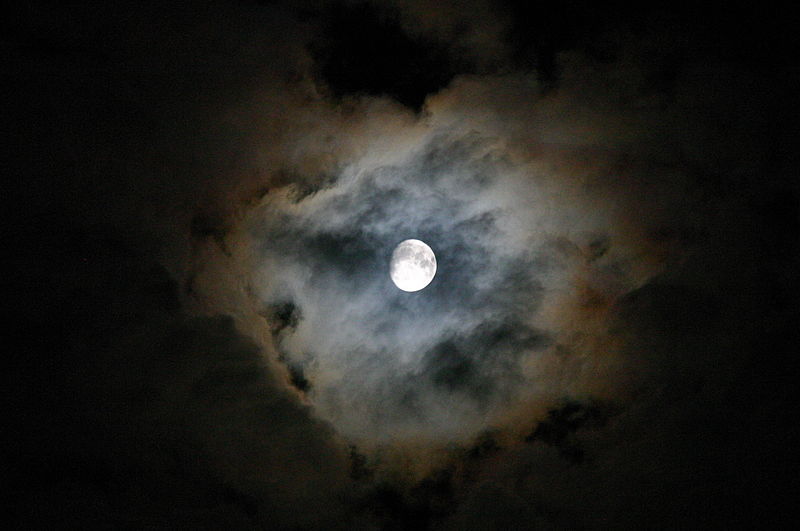BBC
July 14, 2013
Archaeologists believe they have discovered the world’s oldest lunar “calendar” in an Aberdeenshire field.
Excavations of a field at Crathes Castle found a series of 12 pits which appear to mimic the phases of the moon and track lunar months.
A team led by the University of Birmingham suggests the ancient monument was created by hunter-gatherers about 10,000 years ago.
The pit alignment, at Warren Field, was first excavated in 2004.
The experts who analysed the pits said they may have contained a wooden post.
The Mesolithic “calendar” is thousands of years older than previous known formal time-measuring monuments created in Mesopotamia.

